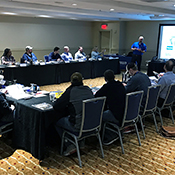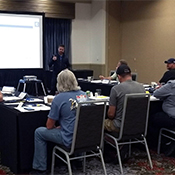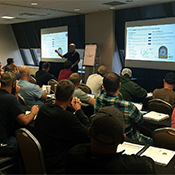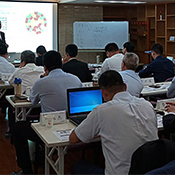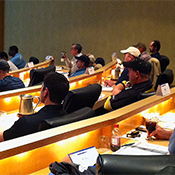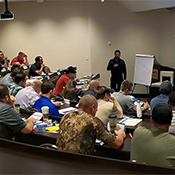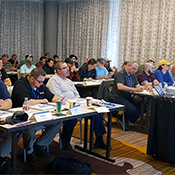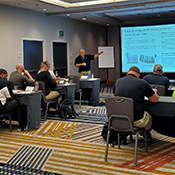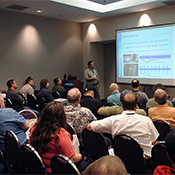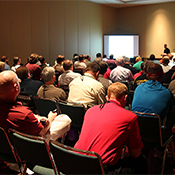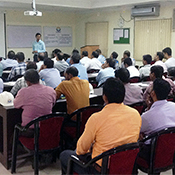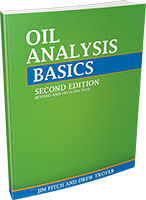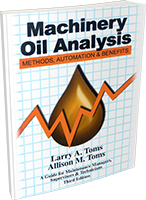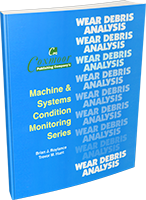Event: Lubrication Professional: Oil Analysis Report Interpretation – Den Helder, Netherlands
Course Description
High-quality oil analysis is one of the most valuable tools in the condition-monitoring toolbox. Oil analysis labs work hard to place critical machine condition data at your fingertips, but it’s up to you to take it the rest of the way.
In this course, you will learn a systematic approach to translating oil analysis reports into actionable maintenance decisions. You will learn how to select the right tests for measuring the right data points for specific processes, environments and machine conditions.
The course also touches on achieving accurate and consistent data collection, removing data noise to accurately identify false results, elemental analysis interpretation, interpreting metallurgical composition combinations to identify wear modes, setting key performance indicators (KPIs) and alarm limits.
What you’ll learn:
- Using trend report results to identify potential lubricant failures
- Identifying machine wear and failure modes from report data
- Determining when to change, clean or restore lubricant properties
- Selecting the right tests for collecting meaningful data on in-service lubricants
- Identifying a quality lab based upon key standards
- Interpreting results for determining base oil and additive health
- Identifying contaminants, lubricant failure modes and root causes of machine wear
View the Oil Analysis Report Interpretation course page for more information.


